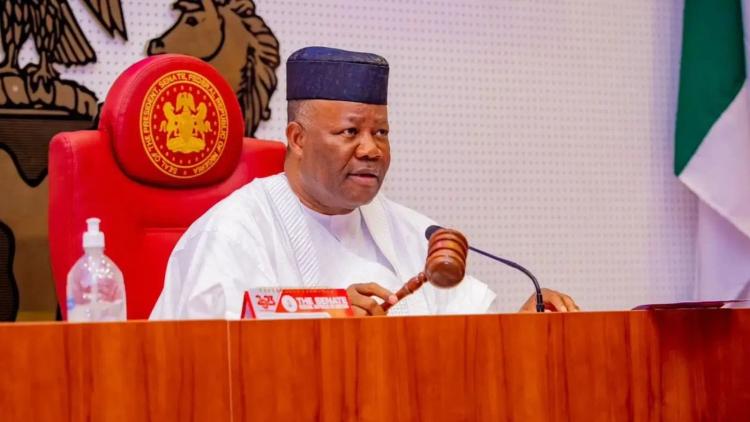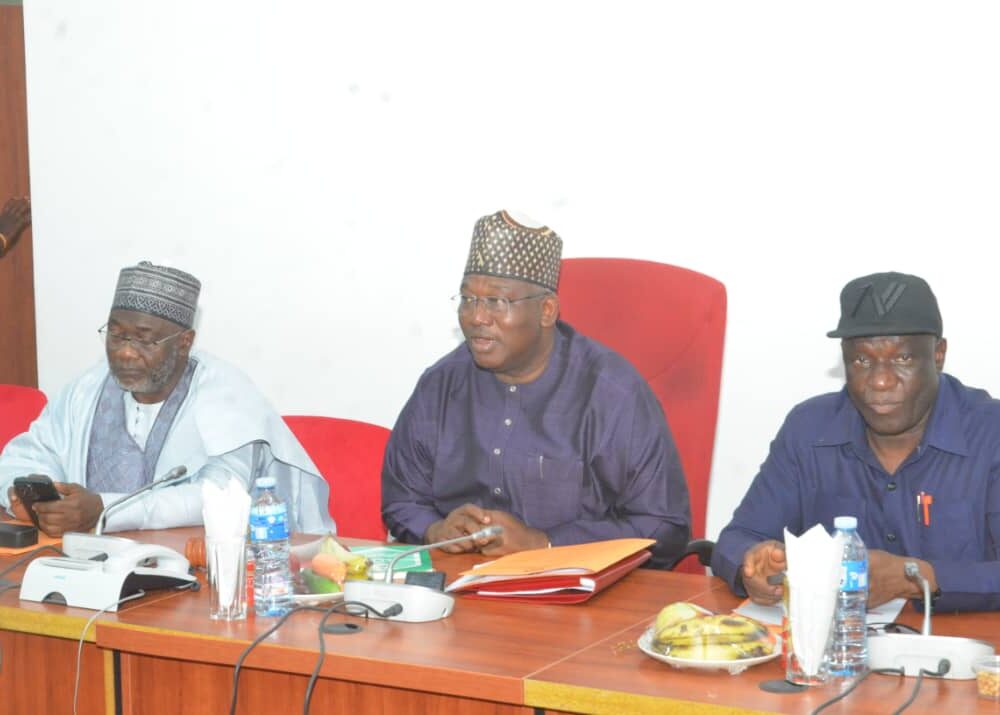Before PIB was tabled before the National Assembly in 2007, Nigeria does not have a comprehensive law for the administration of the sector but has about 16 Petroleum Acts many of which overlapped in functions and responsibilities.
Even though a splinter Bill named the Petroleum Industry Governance Bill (PIGB), which was passed in 2018 by the 8th National Assembly, failed to receive the prerequisite Assent of the President of Nigeria and thus could not become law.
Contrary to all Nigerians expectations, the Bill in its wholesale form, has survived three presidents and four convocations of the National Assembly. Everyone has been waiting for the passing of the Petroleum Industrial Bill which has been on the lips of every Nigerian. The PIB becomes the most popular bill because oil sector represents the live wire of our nation.
Like we know delay in the passage of the Bill has deprived the oil and gas industry of massive investments because international investors were already losing confidence in the nation’s oil and gas industry and fuelling uncertainty in the oil and gas industry. The only way to attract foreign capital needed in the upstream sector was to have stable laws and a friendly business environment that could guarantee cost recovery and a decent return on investment for investors.
It is a fact that Nigeria hosts the world’s 10th largest Petroleum reserve at about 25 billion barrels with Gas reserve of 166 Trillion Standard Cubic Feet (TSCF). The country has the largest reserve in Africa with significant untapped hydrocarbon potential available to advance its economic goal.
Despite with this largest reserve in Oil and Gas but Nigeria has engaged in a number of unincorporated Joint Ventures with International Oil Companies to develop the industry. However, the country has been mostly cash strapped as it was unable to fund its own side of the JV agreements. One of the important aspect for us to ensure is for law to make it mendetatory for Nigerians and the country at large must be allowed to know what the contracts contain.
To avoid the occurrence of legal battle. Nigeria is currently battling to resolve a dispute with a British engineering firm, Process & Industrial Development Limited (P&ID) over the alleged breach of a 2010 gas contract agreement by the Nigerian National Petroleum Corporation (NNPC) and the Ministry of Petroleum Resources.
The law must be on the watch out, because a simple mistake could cause the county a fortune. Service contracts are more important, because they determine the amount of revenue the country earns from the industry, not the license contracts.
we as lawmakers should ensure we monitored closely those clauses in the PIB that would promote and preserve contract transparency. The operators in the country’s oil and gas industries have no excuse not to disclose terms and conditions in their contracts, except they have something to hide. section 83 (3) and (5) of the PIB, which focuses on contract transparency in Nigeria’s oil and gas sector, provides that all NNPC contracts shall not be confidential, but shall also be published within one year of its effective date. The clause, must makes provision for mandatory oil revenue savings and systemic disclosure to avoid the country’s interest being jeopardised or mortgaged
Therefore, the passage of this very important piece of legislation will give room for meaningful progress in the oil and gas industries in particular, and Nigeria in general. We need to act quickly to move from this unstable situation to a very stable one and the only way is for us to get the PIB to work so that countries and investors can work with us.
Looking at the OPEC projection that by 2040 oil industry sector is going to be playing less and less a role in global energy usage. The oil market is more competitive now than it has ever been and future trends for the oil industry do not look too good because a number of developed countries have set ambitious targets for reduced green house emissions.
If the projection come true in the next 20 years from now the world’s dependence on oil would have reduced to 50 percent. So, whichever way you look at it, it appears that the days of crude oil are numbered. Regardless of this projection the nation oil and gas needs a comprehensive legislation that will help the country to generate more revenue because Nigeria has lost so much revenue that could have accrued to government coffers, as existing investments are stalled and potential investors are scared of coming
But Last year, the 9th National Assembly achieved a landmark when President Muhammadu Buhari signed the Deep Offshore and Inland Basin Production Sharing Contract (PSC) Amendment Bill into law.
The provisions of the Act stipulates that the law shall be subjected to review to ensure that if the price of crude oil at any time exceeds$20 per barrel, the share of the revenue to the Nigerian government shall be adjusted under the PSC.
Petroleum Industriy Bill (PIB) if pass and assent by the president would seeks to address the problem of administering petroleum resources in line with global best practices, and to provide for efficient and independent sector regulation. PIB is going to promotes safe and efficient operation of the transportation and distribution infrastructure for the petroleum industry and the framework for developing third party access arrangements to petroleum infrastructure.
The Bill also seeks to protect and hasten the development of host communities. In fact, Section 234 clearly states that it would enhance peaceful and harmonious coexistence between licenses or lessees and host communities, and create a framework to support the development of host communities and foster sustainable prosperity within host communities. It also provides for direct social and the economic benefits from petroleum operations to host communities. Section 235 also provides for the incorporation of the Host Communities Development Trust. Once this PIB is passed and assented to by Mr. President, the present upheavals rearing theirs ugly heads within the host communities in the oil producing area and elsewhere will fizzle out and die a natural death.
PIB also seeks to establish Downstream Petroleum Regulatory Agency (DPRA) aimed at regulating the downstream sector of the petroleum industry. Its functions include regulating the technical aspects of the downstream sector; regulating the commercial aspects of the industry as may be designated by the Minister; the issuance of downstream licenses to industry operators; and the facilitation of an enabling environment for investments in the downstream petroleum sector.
PIB also seeks for the commercialization of the Nigerian National Petroleum Corporation (NNPC) to become Nigerian National Petroleum Company Limited; the bill proposes that the NNPC Ltd will be incorporated under the Companies and Allied Matters Act by the minister of petroleum as the ownership of all shares in NNPC Ltd shall be vested in the government at incorporation and held by the Ministry of Finance incorporated on behalf of the government.
Section 53(5) says shares held by the government in NNPC Ltd are not transferable, including by way of sale, assignment, and mortgage or pledge unless approved by the government. Subsection 7 says, “NNPC Ltd and its subsidiaries shall conduct their affairs on a commercial basis without recourse to government funds. Section 55(4), however, says the cost of winding down the assets, interests and liabilities of NNPC shall be borne by the government.
if Petroleum Industrial Bill (PIB) pass and assent by the president will create efficient and effective governing institutions, with clear and separate roles and to establish a framework for the creation of a commercially oriented and profit-driven national petroleum company in addition of promoting exploration and exploitation of petroleum resources in Nigeria for the benefit of the Nigerian people and the efficient, effective and sustainable development of the petroleum industry.
After all these while, it will be in the nation’s best interest to pass through PIB at this critical time because the Bill will enable government to maximize its revenue from the Oil and Gas industry. While more Local firms are expected to benefit from the PIB just as more company, due to the strict enforcement of the Local Content aspect of the law. The Bill ‘ll will open and competitive bidding process for Oil and Gas Businesses.
Gaya writes in from House of Representatives Abuja.





